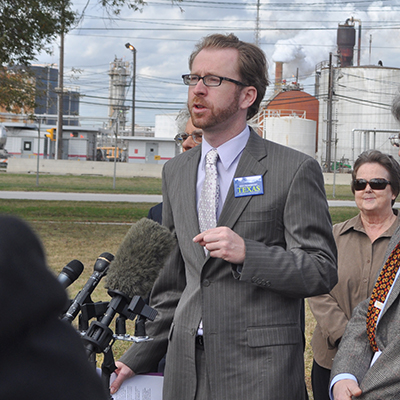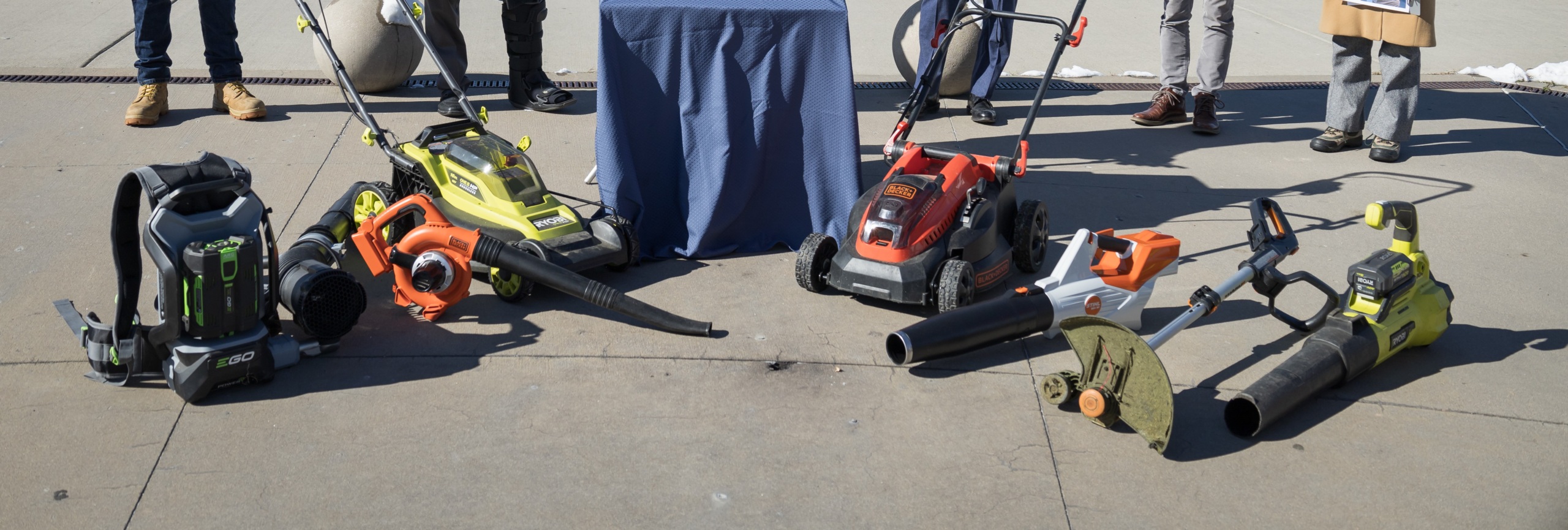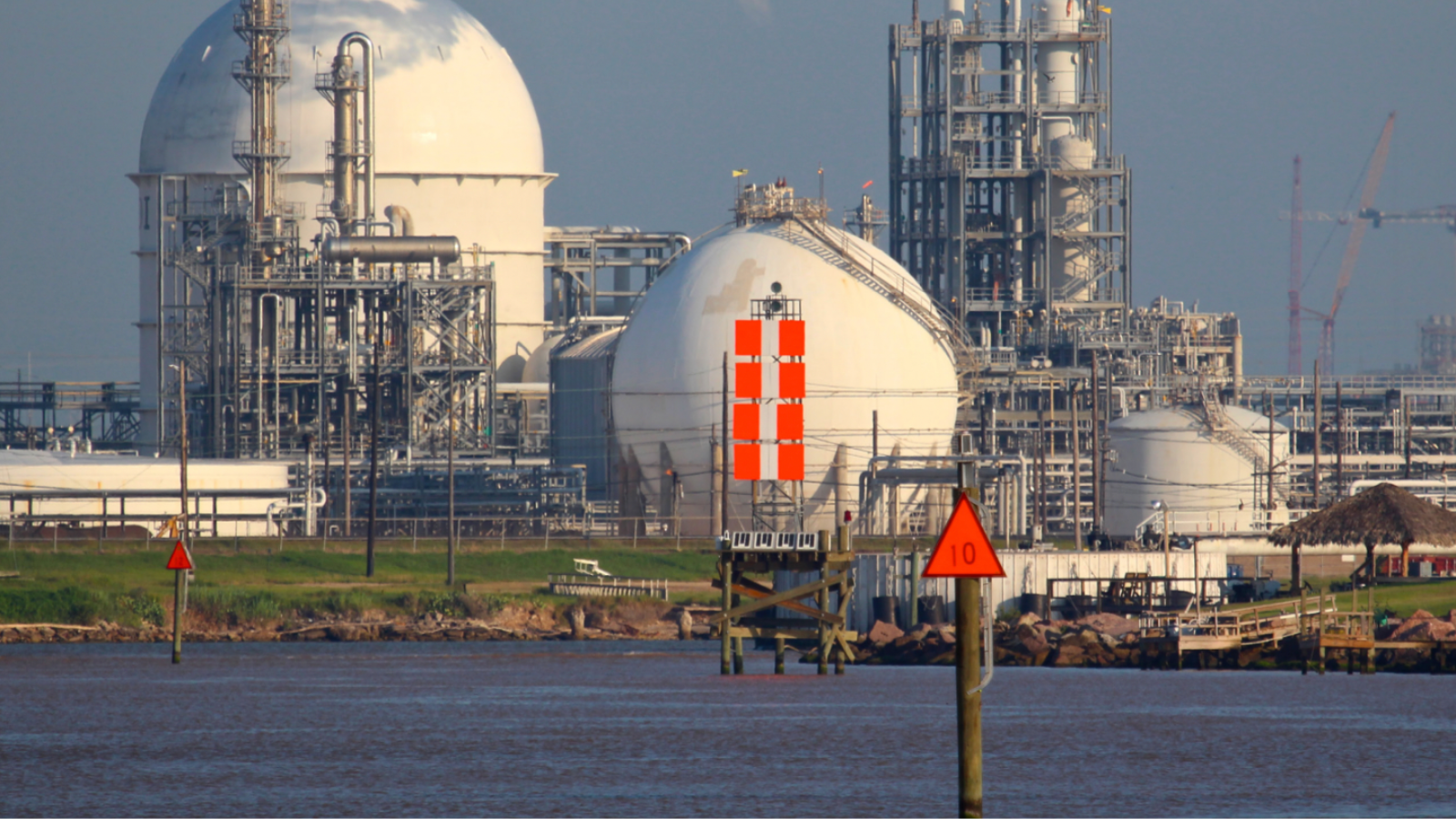
Don’t Subsidize Pollution: Oppose CSHB 5
Chapter 313 is waste of taxpayer dollars
Chapter 313 agreements were designed to provide incentives for new businesses to relocate here and cushion their capital investment costs while they get established. Those agreements put limits on a company’s property value for 10 years on the school district portion of their property taxes. In the Manufacturing category, for 300 projects currently active, this amounts to $12.8 billion in incentives, property values that will not be taxed for a decade on money that could have gone to public schools. This total includes oil and gas, plastics, chemical manufacturing, cement, and semiconductor companies.
The Chapter 313 program has rightly been criticized for using precious public dollars to subsidize facilities which would have been located in Texas anyway, that often generates just a fraction of promised jobs and other public benefits, and subsidizes factories which pollute our air and water. For example, projects announced or authorized at Corpus Christi LNG Terminal since 2012 have the potential to emit almost 6.5 million tons of greenhouse gasses and almost 8800 tons of criteria air pollutants each year, according to government records. The facility’s owner, Cheniere, has received over $1.2 billion in tax abatements, with each new job promised by Cheniere costing the state’s taxpayers a shocking $4,229,348.
This program comes at a very high cost for our communities, for our state, and for our planet. Manufacturing companies that had active agreements in 2021 were responsible for over 103 million metric tons of CO2 emissions. Over 34 million metric tons is from 313-subsidized companies in Harris, Galveston, and Chambers Counties alone.
Texas’s taxpayers should not be supporting corporate welfare to some of the world’s largest–and richest–corporations. And any project receiving state support should have pollution controls in place that utilize the best available technology to protect public health and our environment.
As the Houston Chronicle puts it, the committee substitute “is even worse than before.” It has less transparency, will cost more, and now kicks renewable energy out of the program.
Recommendation: Vote No on CSHB 5 and support amendments to:
- Assure that any industry with a poor environmental compliance history from having access to the program;
- Assure that renewable energy projects can gain access to the program;
- Improve transparency by requiring 30-day notice, a public meeting and at least 15 days after the public meeting before a decision can be made by the School Board;
- Provide better access to the documents by requiring that both the Comptroller and local school district put documentation on the website
- Require applicants for tax limitations to demonstrate that the benefits of subsidized projects are sufficient to offset both lost tax revenue and social and environmental costs resulting from a project; and
- Require operators to actually pay penalties for environmental noncompliance at sources that contain a project supported by a tax limitation agreement.
Topics
Authors
Luke Metzger
Executive Director, Environment Texas
As the executive director of Environment Texas, Luke is a leading voice in the state for clean air and water, parks and wildlife, and a livable climate. Luke recently led the successful campaign to get the Texas Legislature and voters to invest $1 billion to buy land for new state parks. He also helped win permanent protection for the Christmas Mountains of Big Bend; helped compel Exxon, Shell and Chevron Phillips to cut air pollution at four Texas refineries and chemical plants; and got the Austin and Houston school districts to install filters on water fountains to protect children from lead in drinking water. The San Antonio Current has called Luke "long one of the most energetic and dedicated defenders of environmental issues in the state." He has been named one of the "Top Lobbyists for Causes" by Capitol Inside, received the President's Award from the Texas Recreation and Parks Society for his work to protect Texas parks. He is a board member of the Clean Air Force of Central Texas and an advisory board member of the Texas Tech University Masters of Public Administration program. Luke, his wife, son and daughters are working to visit every state park in Texas.
Find Out More

Bank of America said it would stop financing drilling in the Arctic Refuge. Now it’s backtracking.

Methane emissions are accelerating climate change — here’s what we can do about it

Lawn care goes electric



